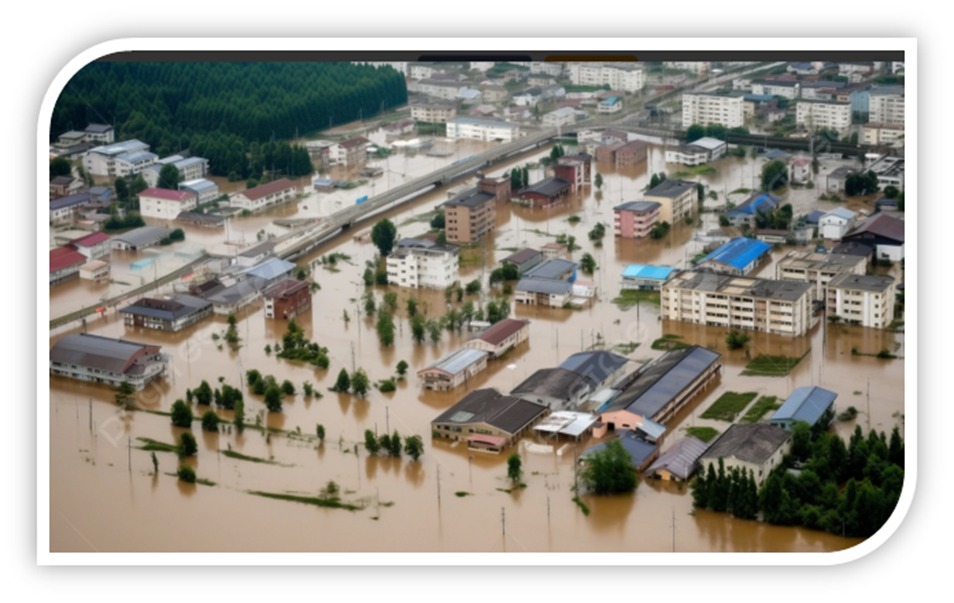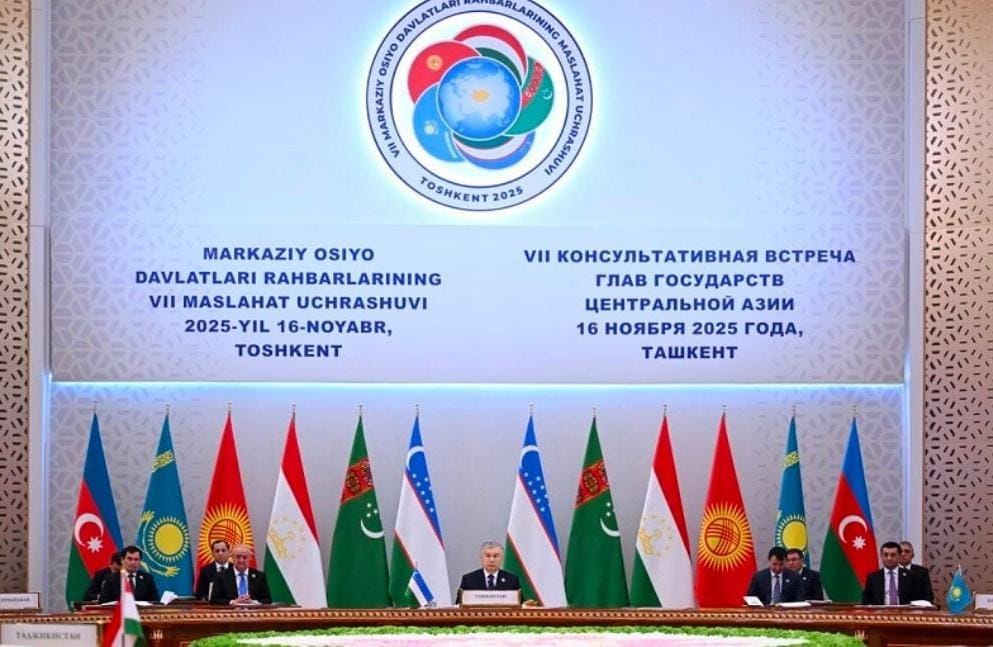EMPOWERING FLOOD VICTIMS FOR A RESILIENT PAKISTAN
Pakistan is a country vulnerable to frequent flooding, causing widespread devastation and affecting millions of people each year. Flood victims in Pakistan often face challenges in rebuilding their lives and communities after disasters. Empowering these individuals is crucial to not only help them recover but also to build resilience for future calamities. Providing flood victims with the necessary tools, resources and support, Pakistan can create a more resilient society capable of withstanding and recovering from future floods. The importance of empowering flood victims for a resilient Pakistan various strategies and initiatives that can be implemented to achieve this goal.
Empowering flood victims in Pakistan is essential for building resilience in the face of natural disasters. Lack of empowerment can lead to a cycle of poverty, dependency or vulnerability making it difficult for individuals and communities to recover, rebuild after a flood. Empowering flood victims, Pakistan can foster self-sufficiency, resilience, and sustainable development in the long run.
Effective early warning systems are essential in mitigating the impact of floods. Providing vulnerable communities with timely and accurate information can help them prepare for incoming floods. Investing in robust early warning systems, coupled with community-based disaster preparedness training, can significantly reduce casualties and damage during floods. Organizations like the National Disaster Management Authority (NDMA) in Pakistan play a pivotal role in coordinating early warning efforts and disaster response.
After a flood, ensuring access to safe shelter, clean water, sanitation facilities, and healthcare services is critical. Organizations like the United Nations High Commissioner for Refugees (UNHCR) work to provide emergency shelter assistance to displaced populations in Pakistan. Additionally, ensuring access to essential services like healthcare and clean water is vital for the well-being of flood victims.
The mental health impact of disasters like floods can be profound, especially on vulnerable populations. Empowering flood victims includes providing psychosocial support and mental health services to help them cope with trauma and loss. Building community resilience through social support networks, peer counseling, and community-based mental health programs is crucial. Organizations like the World Health Organization (WHO) advocate for integrating mental health support into disaster response efforts to empower flood victims for long-term resilience.
Providing education and raising awareness about disaster preparedness, early warning systems and flood risk reduction can empower individuals to take proactive measures to protect themselves and their communities. Access to information and knowledge is crucial for making informed decisions during emergencies.
Many flood victims lose their sources of income and livelihoods during disasters. Offering vocational training, financial assistance and job opportunities can help individuals regain economic stability. A supporting livelihoods flood victims can become self-reliant and less vulnerable to future floods.
Encouraging community participation and involvement in disaster risk management initiatives can empower individuals to take ownership of their resilience- building efforts. Creating community-based organizations, conducting workshops and promoting local solutions can enhance collective action and cooperation in disaster response and recovery.
Flood victims often experience trauma, stress and mental health issues in the aftermath of disasters. Providing psychosocial support, counseling services and mental health resources can help individuals cope with emotional challenges to rebuild their resilience. Addressing mental well-being is crucial for the overall recovery of flood-affected populations.
Strengthening governance structures, policies, and regulations related to disaster risk reduction and management can empower communities and institutions to respond effectively to floods. Transparent decision-making, accountability, and good governance practices are essential for building resilience at all levels.
Empowering flood victims for a resilient Pakistan requires a multi-faceted approach that addresses the complex challenges faced by vulnerable populations. Investing in education livelihoods, community engagement infrastructure development, and governance, Pakistan can create a more resilient society capable of withstanding future floods and disasters.
Empowering flood victims is crucial for building a resilient Pakistan that can effectively respond to and recover from natural disasters. Providing individuals and communities with the necessary tools, resources and support, Pakistan can enhance their capacity to withstand and bounce back from floods.
Education psychosocial support, infrastructure development and policy reforms are key components of empowering flood victims for resilience. It is imperative for government agencies, NGOs, civil society organizations, and other stakeholders to collaborate and implement sustainable initiatives that prioritize empowerment and resilience- building efforts. Through collective action and a commitment to long-term investments in disaster risk reduction and management, Pakistan can reduce the vulnerability of flood victims and create a more resilient future for all.




